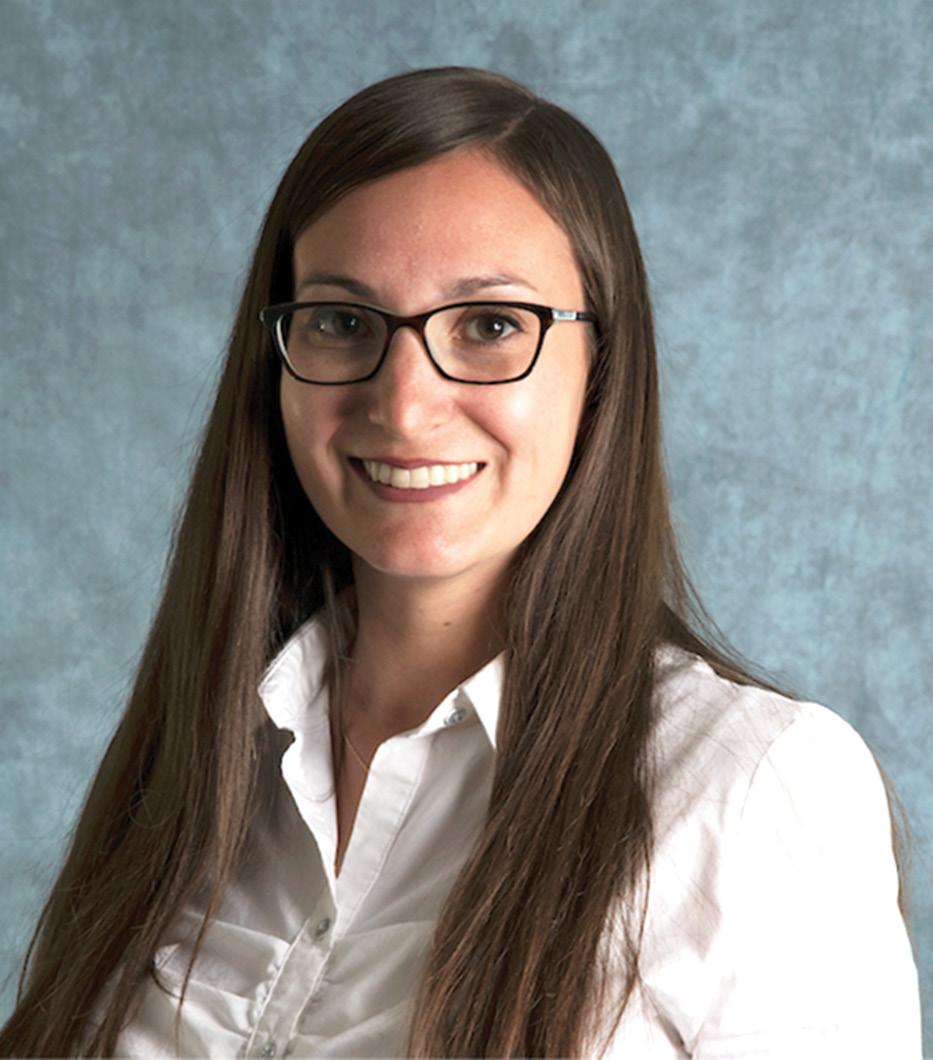
2 minute read
Faculty Spotlight: Dr. Amanda Fernandez
By Sara Timmons
AI is everywhere—autonomous vehicles and robots, voice assistants, mobile phone security and even our digital media. So how do we know we can trust it? “Explainable AI” is a field of research aiming to identify how and why an artificial intelligence arrived at a certain prediction or outcome, like “Why did Netflix recommend that movie?” or “Is that video real or manipulated?” Amanda Fernandez, an assistant professor in the Department of Computer Science, is conducting research on explainable AI, designing and optimizing deep neural networks for large-scale applications. Her research can serve as a method to detect digital anomalies in media, protecting against misinformation as well as ensuring safer driving for autonomous vehicles.
Fernandez completed her undergraduate degree in computer science in Loudonville, near her hometown in upstate New York. She earned her master’s degree in computer science and her Ph.D. in computer science with a focus on machine learning and computer vision from the University of Albany. “I minored in math as a grad student and in Spanish as an undergrad just for fun,” she said.
Before joining the University of Texas at San Antonio in 2017 as an assistant professor of practice, Fernandez worked for 10 years as a software engineer and researcher for private industries, startups and state offices. In 2019, she became an assistant professor teaching computer science classes such as application programming and deep learning. In application programming courses, students learn object-oriented languages such as Java. In deep learning classes, students learn about neural networks and adversarial learning using a software library called TensorFlow.
Fernandez is part of UTSA’s Consortium on Nuclear Security Technologies (CONNECT) nuclear security program, which educates the next generation of scientists and engineers in nuclear security, nuclear forensics, and computational and data analytic applications. Fernandez currently holds 19 U.S. patents. In recognition of her achievements, she was recently elected to the 2022 class of the National Academy of Inventors (NAI) Senior Members. The NAI is a nonprofit organization that recognizes and encourages inventors with patents issued by the U.S. Patent and Trademark Office.
OFFICE HOURS
Fernandez’s advice for College of Sciences students is to self-organize. “Find the calendar, schedule, reminder system or setup that works for you, and put everything in there,” she said. Implementing the right system will help ensure you don’t lose track of those deadlines, which helps relieve stress. “It enables you to take some much-needed guilt-free time off.”









